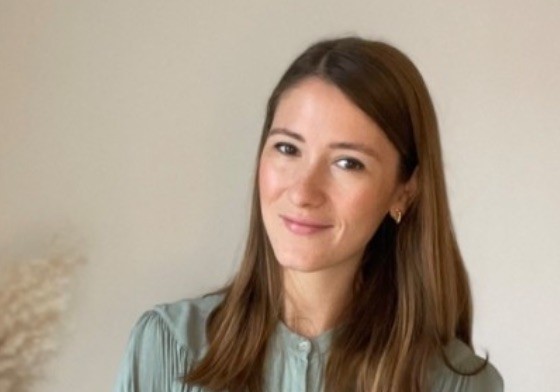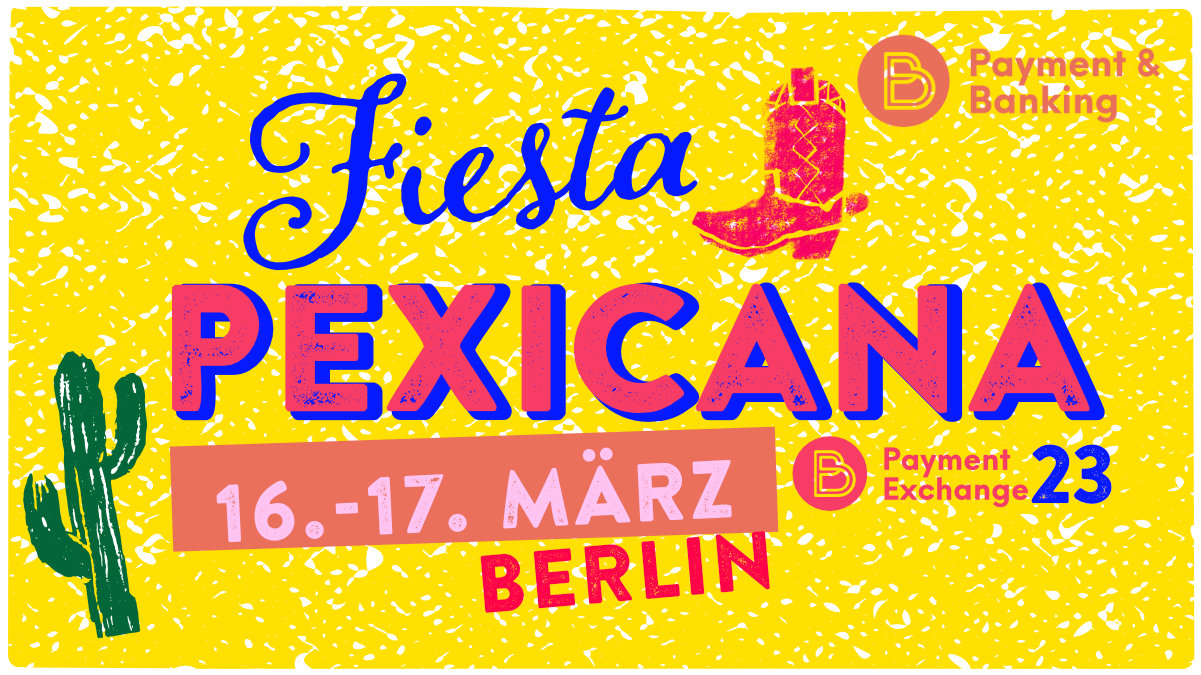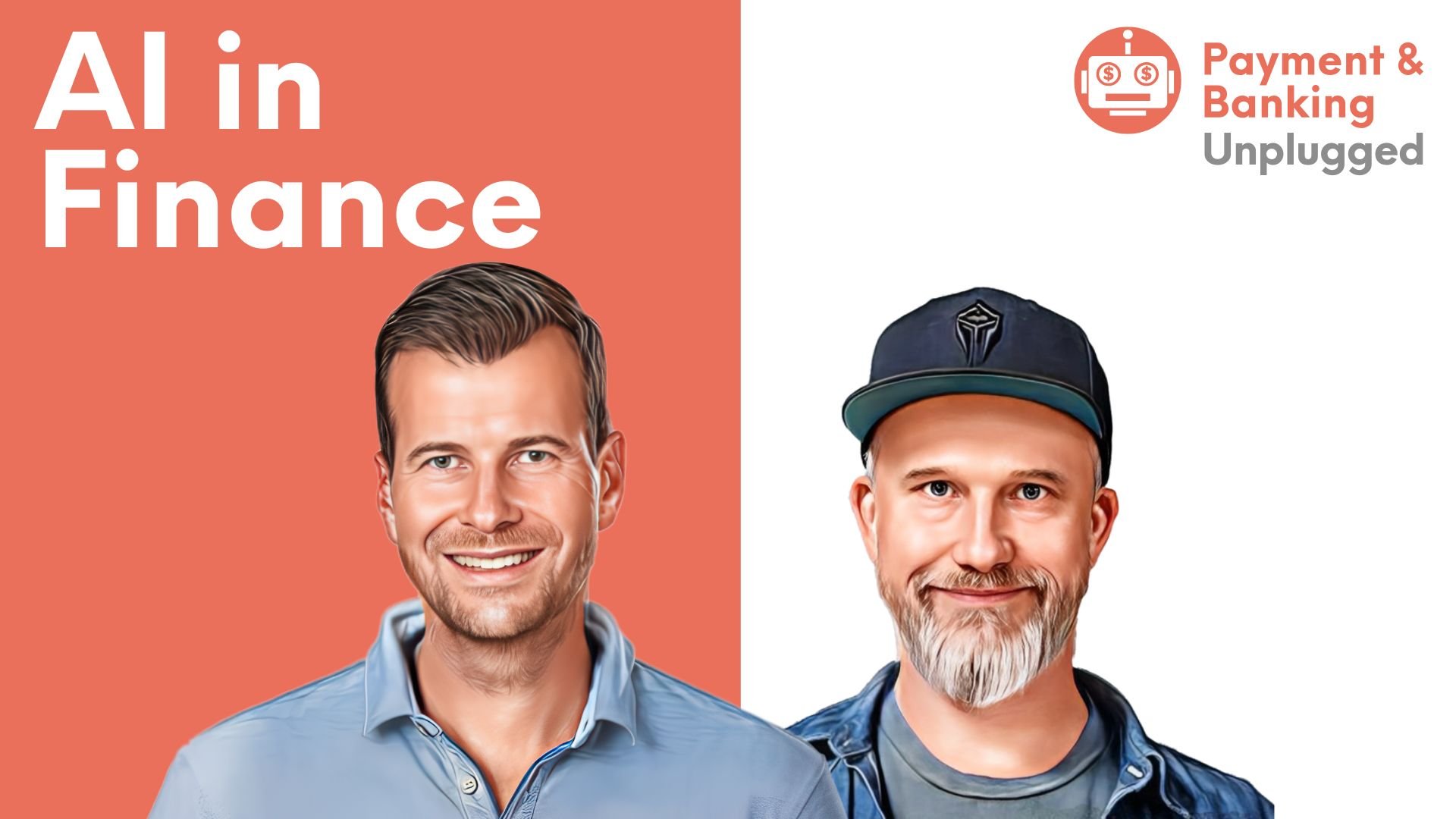Topics such as blockchain and cryptocurrencies have long been part of daily news coverage and investors see a great future in blockchain and its companies. But although more and more players are addressing the issue, women are still rare in the industry. In our series, we therefore present women who are shaping the blockchain industry.
The percentage of women involved in cryptocurrency is far below that of men. Despite various efforts to get women interested in the subject complex as well, the crypto scene is a largely male-dominated industry.
With our series, we introduce female impulse makers from the blockchain that no one in the DACH region can pass by. They are role models for those who are interested in the technology and want to play a key role in shaping its success. Not least because blockchain can be used as a tool for gender equality and inclusion.
Today in conversation: Romina Bungert from Centrifuge
How did you get into blockchain and what exactly do you do?
I first got involved with blockchain in greater depth in 2017 when I started investing in crypto. In my research, I read a few white papers. This piqued my curiosity in the context of my work in the fintech industry, securities business and regulation. Since I’ve been doing a lot of work on regulatory law and licensable business models, that summer I started working with former colleagues on an idea to dovetail crypto investments with traditional banking infrastructure. So I dove further and further into Rabbit Hole. Since early last year, I have been supporting the development of a lending protocol as CFO at Centrifuge Network Foundation.
What attracts you to the subject?
For me, blockchain is clearly the future for all kinds of financial transactions and securities trading. The decentralized nature, in my view, can not only improve workflows in the financial industry, but also create a more inclusive system for all people worldwide. Censorship Resistance and Credible Neutrality, but also the better coordination mechanisms thanks to cryptoecononimcs have the potential to change Public Goods Funding, but also to establish financial transactions to a Human Rights. Fair Access to Finance is a key issue for me. Access to wealth-building products is not universal around the world. I’m excited to see what possibilities emerge when we reach such a decentralized system state secured by private actors.
Why should everyone embrace cryptos and blockchain in the future?
Anyone can contribute to decentralization by running private blockchain nodes. These can be used to secure an L1, but also to set up Wifi nodes and VPNs. For me, this task has not only the ideological appeal, but also the prospect of generating passive income through Staking Rewards such as. in PoS mechanisms. In this way, one can add a stable return to the portfolio with very moderate risk. Cryptos are missing in many portfolios because of their volatility, yet you can make good profits with long-term holding periods. Not only the fast money, by the value multiplication with single currencies is interesting from my point of view.
What part do you play in bringing the topic to the masses?
On LinkedIn, I also like to share insights about our mission or how we are using blockchain and NFTs in the context of workflow automation in the financial services process and specifically in lending and access to capital. Unfortunately, I don’t make it regularly enough. Otherwise, I’m co-hosting Startup Insider’s crypto series „From Infinity to Beyond.“ There we portray current events in the blockchain world and provide explanations for those who do not have the opportunity to study the topic full time.
🇲🇽 The hottest payment party of the year! 🇲🇽
Which social media platforms are particularly important for you and your work, or which do you use?
In the blockchain sector, the exchange of experiences mainly takes place via Twitter. In some work groups, people also meet on Telegram or Signal, which is also suitable for chat groups in a business context. Via the lists of common groups you can see who is interested in which topics. This is also how you sometimes get added to new circles.
Also, a lot of work in the DAOs is done via Discord and Discourse Forum – these are all freely accessible channels, so it’s very easy to derive insights into new projects or workflows for new collaborations. Email is really only used for minor admin issues now. Internally, we use Slack and Element.
In our series „Women Impetus Drivers of the Blockchain Industry“ have already appeared:





